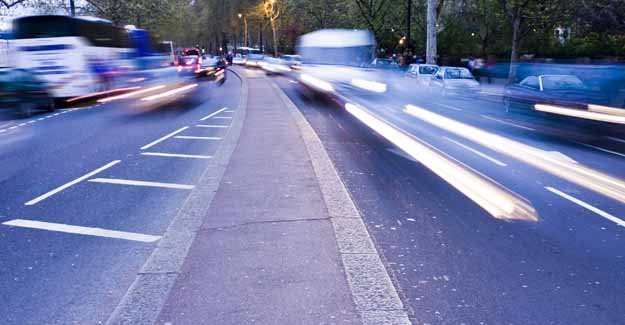Wednesday 7th November 2007
Over half of all small businesses have opted for wired working on the virtual superhighway to reduce their business travel according to the Royal Automobile Club Foundation’s Research Development Manager, speaking at the ITSUK Smarter Moving Conference today. IT solutions are preferred to car-sharing and public transport as the best way to cut business miles among Britain’s small businesses.
The figures come from the conference paper “IT and Business Travel: Environmental and Business Benefits”, which has been developed from the forthcoming Royal Automobile Club Foundation and British Chambers of Commerce report “Business Travel: Choice or Necessity”*. Elizabeth Dainton will say that “virtual mobility,” when combined with sustainable transport measures, can bring lasting environmental and business benefits, particularly for Small and Medium Enterprises (SMEs).
IT applications are twice as popular with SMEs seeking to reduce business travel as car-sharing or other automotive policies:-
* 50% use telephone conferencing
* 30% use Instant Messaging and voice over Internet protocol (VOIP)
* 15% use Videoconferencing and
* 13% use online collaboration site e.g. wikis, blogs
Whereas;
* 19% use car-sharing
* 10% have made changes to company car policies
* 4% use car-pooling
Adopting IT solutions to reduce or substitute for business travel has a triple benefit for the bottom line, reducing costs, increasing productivity and helping to meet health and safety requirements. The specific benefits include:
*Reduced fleet costs
*Reduced mileage, parking and public transport payments for business travel
*Reduced time wasted sitting in congestion
*Increased worker productivity due to increased time in the office
*Improved company image
*Increased business opportunities as ‘green’ credentials can be used to win contracts
*Demonstrable compliance with Corporate and Social Responsibility Requirements
*Meeting Health and Safety requirements for road safety
Technology solutions generally, and telephone conferencing in particular, are regarded by businesses as having the greatest potential for reducing travel by car in future, but the car will remain important for business travel as it offers privacy, flexibility, and a door-to-door service.
Elizabeth Dainton, Research Development Manager at the Royal Automobile Club Foundation said:
” Greening a business is often thought to be at odds with providing a business benefit, but our research demonstrates that technology solutions can help SME’s realise both the environmental and business benefits of the virtual super-highway.”
“Business travel decisions are driven by reliability, travel time and ease of travel considerations. To achieve greater market share IT systems must help address these concerns.”
Gareth Elliott, Policy Advisor at the British Chambers of Commerce said:
“Our members are clearly demonstrating leadership when it comes to using technology to reduce the costs associated with travel. Businesses are keen to maintain a level of face-to-face contact, but there is great optimism for the future role of IT systems”.


